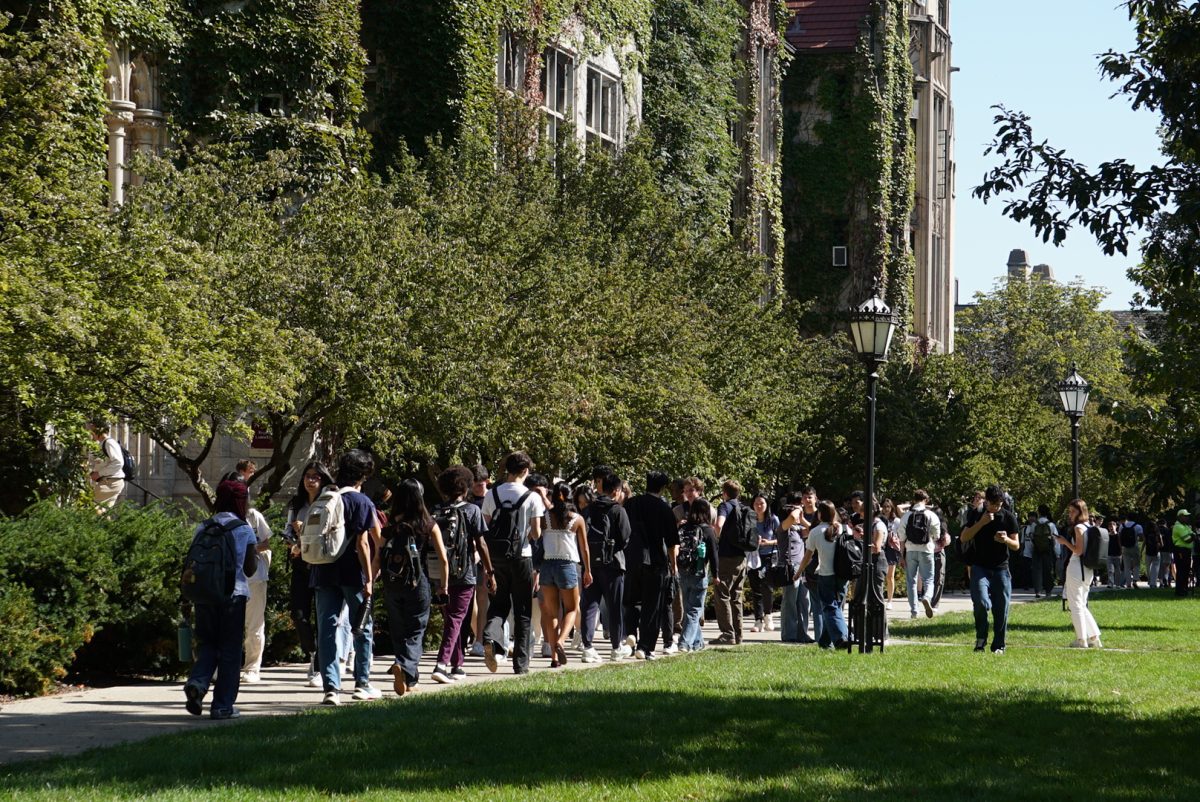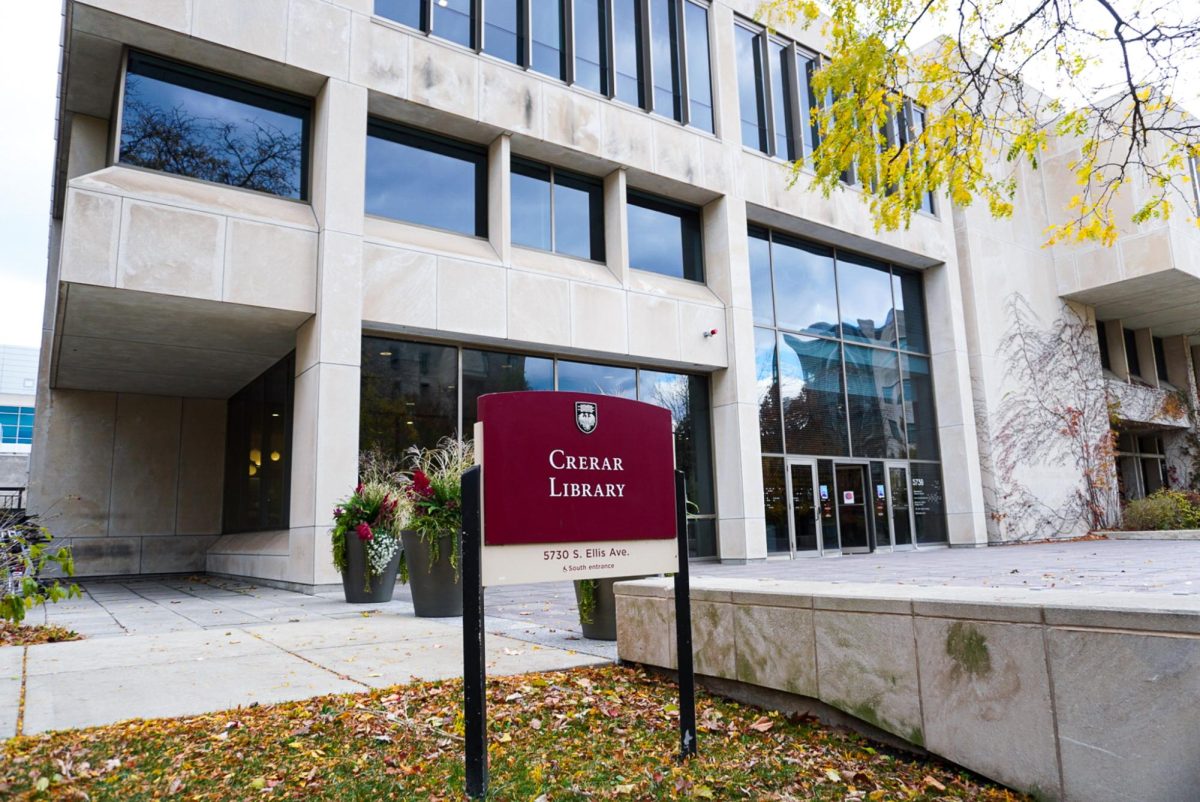Not all of the recent events in the international arena are cause for concern and pessimism. It is indeed surprising to see that a ray of hope and optimism has emanated from the bleakest and bitterest of conflicts–that between India and Pakistan.
Last week, Pakistani Prime Minister Jamali called Indian Prime Minister Vajpayee, inviting him to visit Pakistan and initiate a dialogue to end the conflict between their nations. The response from New Delhi has been cautious but warm, and the Indian government has taken some steps towards the normalization of ties. One must realize that the normalization of ties only takes us back to the pre-2001/2002 crisis situation where both sides were still bitterly at odds with one another over Kashmir.
But this is still a positive turn of events. The Kashmir conflict is now over 55 years old and has claimed 70,000 lives directly; indirectly it has mired over a billion people into a hostile regional environment that has placed economic and social issues on the backburner while the Pakistani and Indian militaries spend scarce money on lethal weapons. In 1947, South Asia was in a much better state than Southeast Asia. But today, countries like Singapore and Malaysia are knocking on the doors of first-world status while the number of people who live below the poverty line in South Asia exceeds the population of the U.S.
The Kashmir problem is complex and difficult. Yet there are some principles and actions that are indispensable to a final peace. The sentiments of the people of Kashmir must matter more than anything else. It is unfair for New Delhi to claim that Kashmir is an integral part of India and shall always remain so. To suggest such a thing is to contradict U.N. Security Council resolutions (which both India and Pakistan agreed to) calling for a referendum to determine Kashmir’s future. The right of self-determination must not be compromised, especially since the Kashmiris have suffered for 50 years. India claims to be the world’s largest democracy, but if India refuses to acknowledge the sentiments of the Kashmiri people, then the government in New Delhi must be held accountable by the international community. India’s impressive record with democracy notwithstanding, its treatment of Kashmir’s majority Muslim population has been atrocious, with even Vajpayee recently admitting that the elections held in Kashmir–which have always been an attempt by India to whitewash its control of Kashmir–have been fixed and unfair.
Political courage in New Delhi has to be imitated in Islamabad. The question of whether the Kashmir-armed freedom struggle is indigenous aside, Pakistan has been involved in the armed uprising in Kashmir, and the Pakistani army has trained, funded, and armed the militants. India should withdraw its troops from Kashmir; Pakistan must end its support for militancy in Kashmir and other parts of India. These actions require statesmanship and farsightedness. The Hindu nationalist (bordering on fascist) regime in New Delhi has used its frightfully hawkish stance towards Pakistan as a means of endearing itself to India’s poor deluded masses who are told that Pakistan equals Shaitan (devil). Successive regimes in Islamabad have used the Kashmir issue to take away domestic attention from Pakistan’s desperate economic and social troubles.
The resolution of the Kashmir issue, coupled with the end of the Israel-Palestinian imbroglio, will signal the end of radical Islamic militancy, which will benefit the entire planet. I hope that in the future, the various cricket grounds of the world–and not the gorgeous vales and lush fields of Kashmir and Punjab–will be the setting for battles between Indians and Pakista






